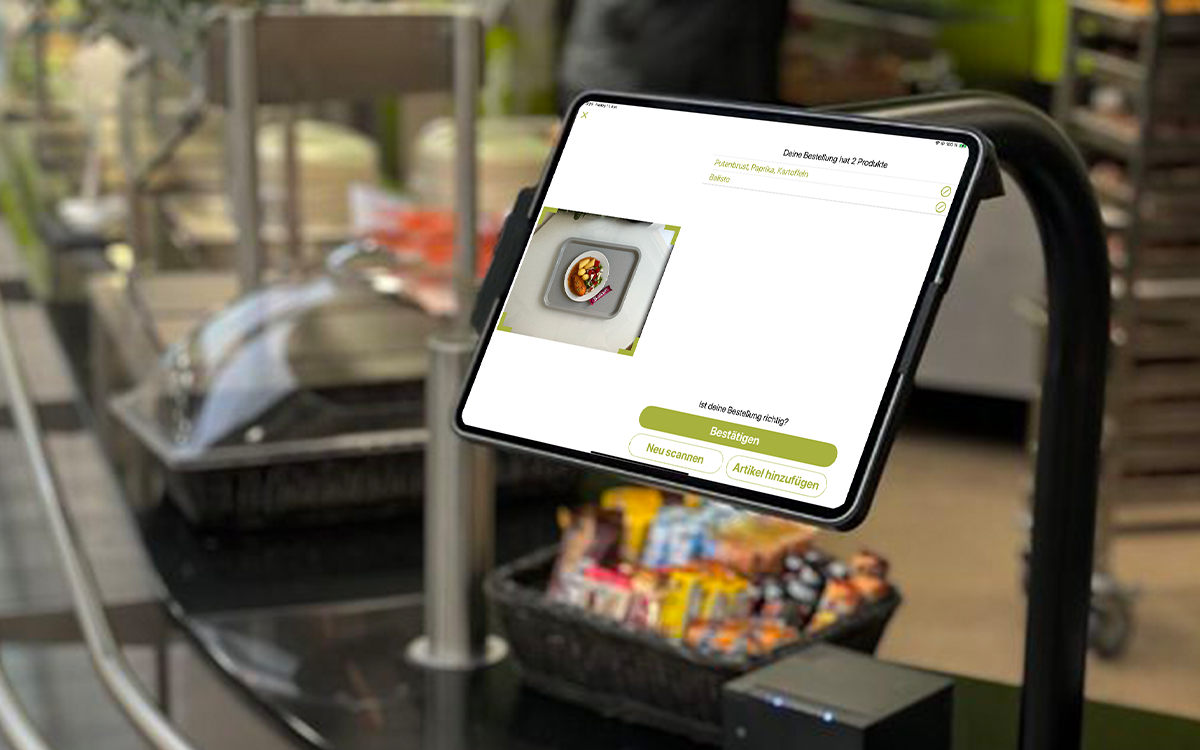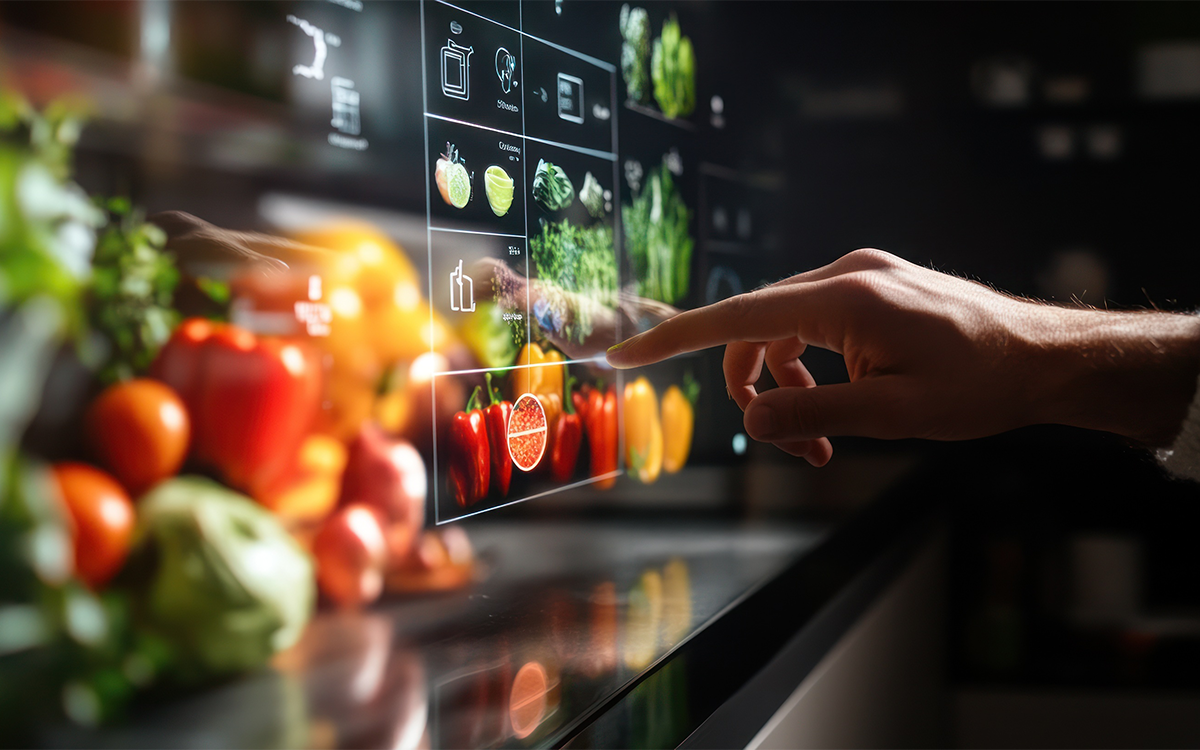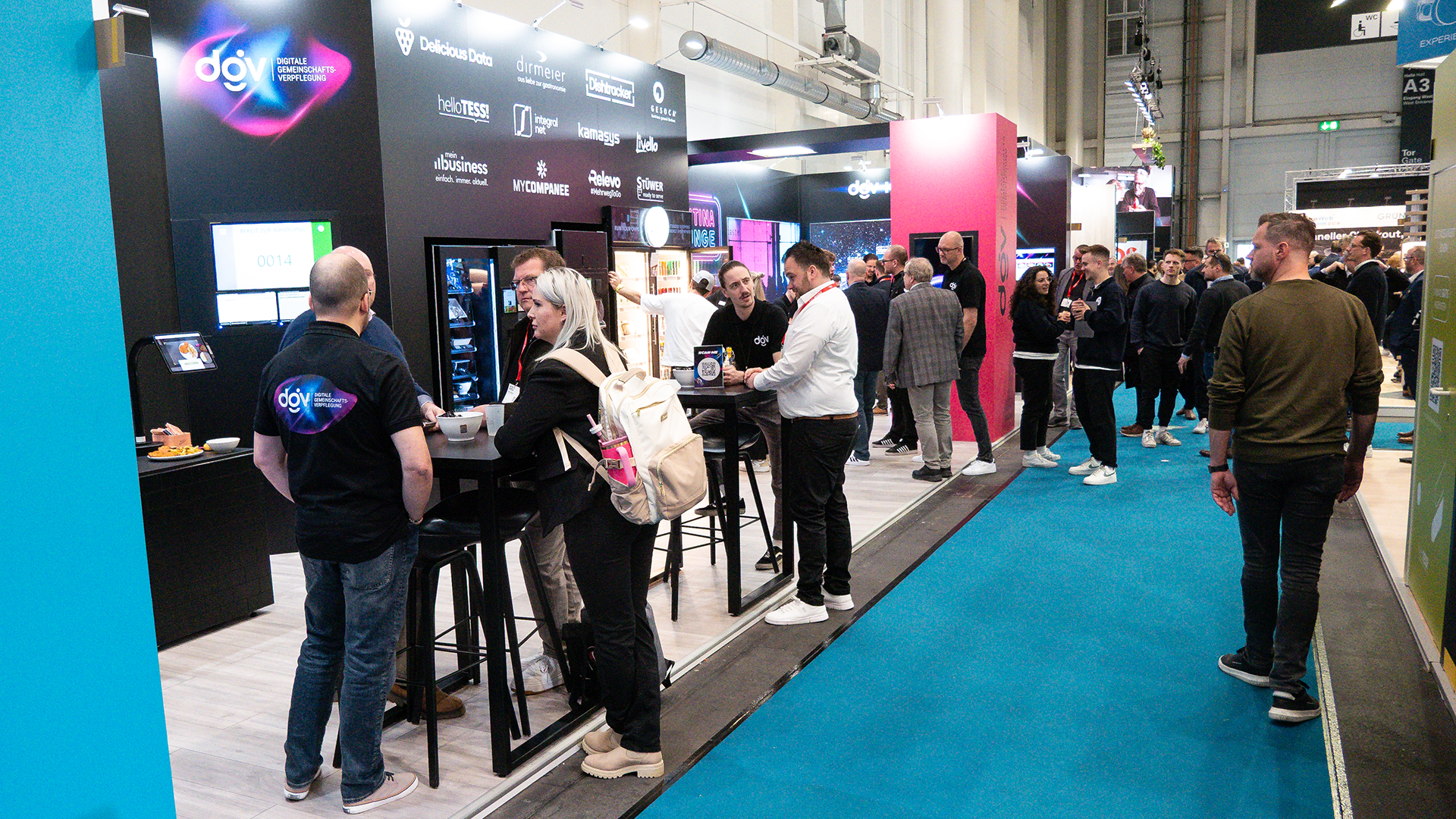Eating together has - despite strong changes and imprints in the course of evolution - a significant value in human life and society. Above all, it is an important social act that promotes bonds and exchanges with our fellow human beings and strengthens relationships.
In early times, it was also still an act essential for survival, to share food and strengthen togetherness in social groups. The social bond was strengthened in later eras: people began to settle down and prepare larger meals for groups. Consequently, "our" communal meals have existed since the dawn of mankind. Technologization, on the other hand, had the opposite effect: meals were more often eaten alone or only in smaller groups. In the meantime, however, a trend reversal has become apparent: There is a growing tendency to revive communal meals, and people are recognizing the social and health benefits of eating together.
Cultural anthropologist Prof. Dr. Gunther Hirschfelder (University of Regensburg) concluded during the Bonn Nutrition Days: "Communal meals are not only sustainable, but more important than ever."
Shared meals and the positive effect on health
But shared meals are not only important for our social bonds. They also have a profound impact on our health. When we eat in company, we create a positive atmosphere of togetherness that has a positive impact on our mental health. Interaction during meals can reduce stress and increase overall well-being. People who regularly eat together often tend to have a lower risk of depression and other mental health problems. In addition, in a communal setting, eating habits are often more deliberate and healthier. Is going to the company restaurant becoming a health care ritual?
Increasing challenges and conflicting requirements
Despite all the social advantages that mass catering offers, it also struggles with numerous challenges. Right up front: the home office rate. Because "solo eaters" mean that company caterers are missing out on valuable guests.
"What's not expected of the GM: The food should be reasonably priced, healthy, filling, energy-dense, tasty and varied, but the currywurst must not be missing either. In principle, GM cannot fulfill all these expectations," says Prof. Dr. Gunther Hirschfelder, summarizing the pressure of expectations.
All in all, this results in a wide range of problems: Rising costs for food, energy and wages; staff shortages and increased quality requirements - e.g. higher organic content - which also lead to price increases.
Digital strategies as a solution approach
Digitalization offers solutions to these challenges. Digital measures can provide active support in almost all areas: Cooking robots are becoming increasingly interesting, software solutions promise precise advance calculations of purchase quantities (on which day which dishes will be sold and how often), ordering systems are becoming more intuitive and customer-friendly - the digital revolution in communal catering continues to advance. Food blogger and innovation expert Hendrik Haase noted during the Bonn Food Days, however: "Without a focused digital strategy in GM, the potential for Germany cannot be exploited."
But what should the focus be? Two examples:
-
- (Pre-)ordering via app is becoming increasingly popular in mass catering. For guests, the process - from selecting food to paying - is greatly simplified. Restaurateurs, in turn, can plan demand better thanks to pre-orders and have their sales secure.
- Service robots, on the other hand, are the tool to counter the shortage of personnel. They relieve the existing staff by removing physically heavy work (keyword: lugging dishes), thus contributing to an improvement in working conditions and giving the staff more time to concentrate on their core tasks. The prejudice that bots would take away jobs no longer holds water in times of ongoing staff shortages.
How can community catering contribute to the nutritional turnaround?
One topic that cannot be ignored by mass catering is the change in diet: Less meat and more plant-based products are to be put on the plate in the interest of animal welfare and environmental protection - if possible, produced regionally and fairly.
With rising costs and fewer guests, this is a mammoth task for company catering. This is where the newly founded summit round of the German Catering Association (GDG), which was initiated by Apetito Catering, Aramark, Compass Group, Deutsches Tiefkühlinstitut, Dussmann, Genuss & Harmonie, gvpraxis, K&P Consulting, Klüh Catering, Mercedes-Benz Gastronomie, Soda Group, Sodexo and Wisag, came as a surprise. During the 26th professional symposium of K&P Consulting in Düsseldorf, the GDG presented a position paper to the Parliamentary State Secretary in the Federal Ministry of Food and Agriculture (BMEL) Dr. Ophelia Nick. The latter praised the joint approach of the initiative and promised to stand up for the interests of the industry. Entitled "It's about the future of food," the paper sets out not only the position but also concrete recommendations for action:
- We call on policymakers to stand shoulder to shoulder and actively involve community catering businesses and stakeholders in the implementation planning of the nutrition strategy.
- We demand a holistic understanding of sustainability from policymakers that goes beyond organic & co.
- We demand that policymakers create framework conditions that make sustainable work more economical than conventional work.
However, what the cooperation will look like in concrete terms will only be worked out in the coming weeks and months.
Conclusion: Despite the challenges, the AGM is more important than ever
Digital strategies support restaurateurs in overcoming upcoming challenges: For example, processes can be optimized and costs reduced as a result, and robots cushion the impact of staff shortages. At the same time, Berlin is working hard on the nutritional turnaround in order to create better conditions in company catering. Last but not least, communal catering - through the appropriate range of meals - makes a decisive contribution to a health-promoting and sustainable diet. And let's not forget: the social aspect of eating together - goes even easier with the Meet & Eat module of the Lunch App 😉.


